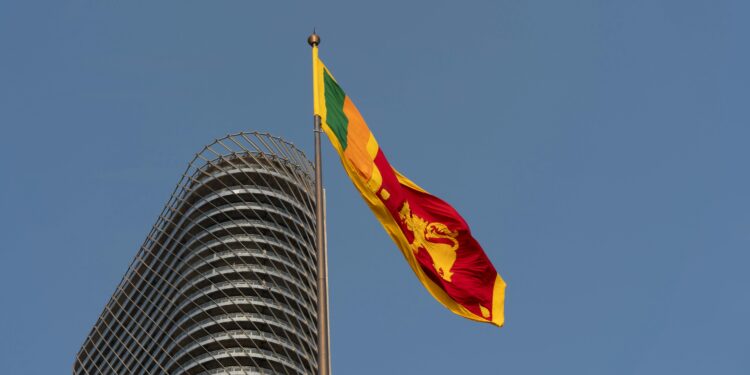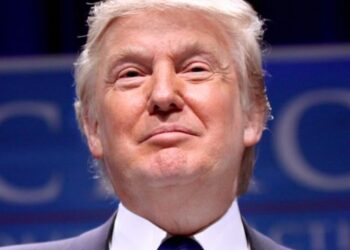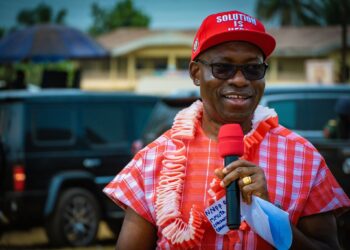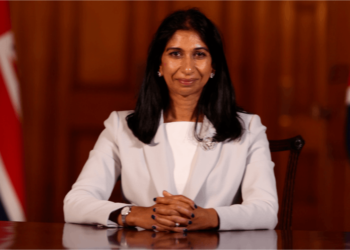Sri Lankans had given Anura Kumara Dissanayake a sweeping win in a snap general election that allowed its new leftist president to have greater legislative power to pursue policies to alleviate poverty and fight graft. This is coming at the time that the country is recovering from a financial meltdown.
Dissanayake, a political outsider in a country controlled by family parties for decades had easily won the island’s “presidential election” in September.
But his Marxist-leaning coalition, the National People’s Power (NPP), had only three of parliament’s 225 seats before Thursday’s election, pushing him to annul it and seek a fresh mandate.
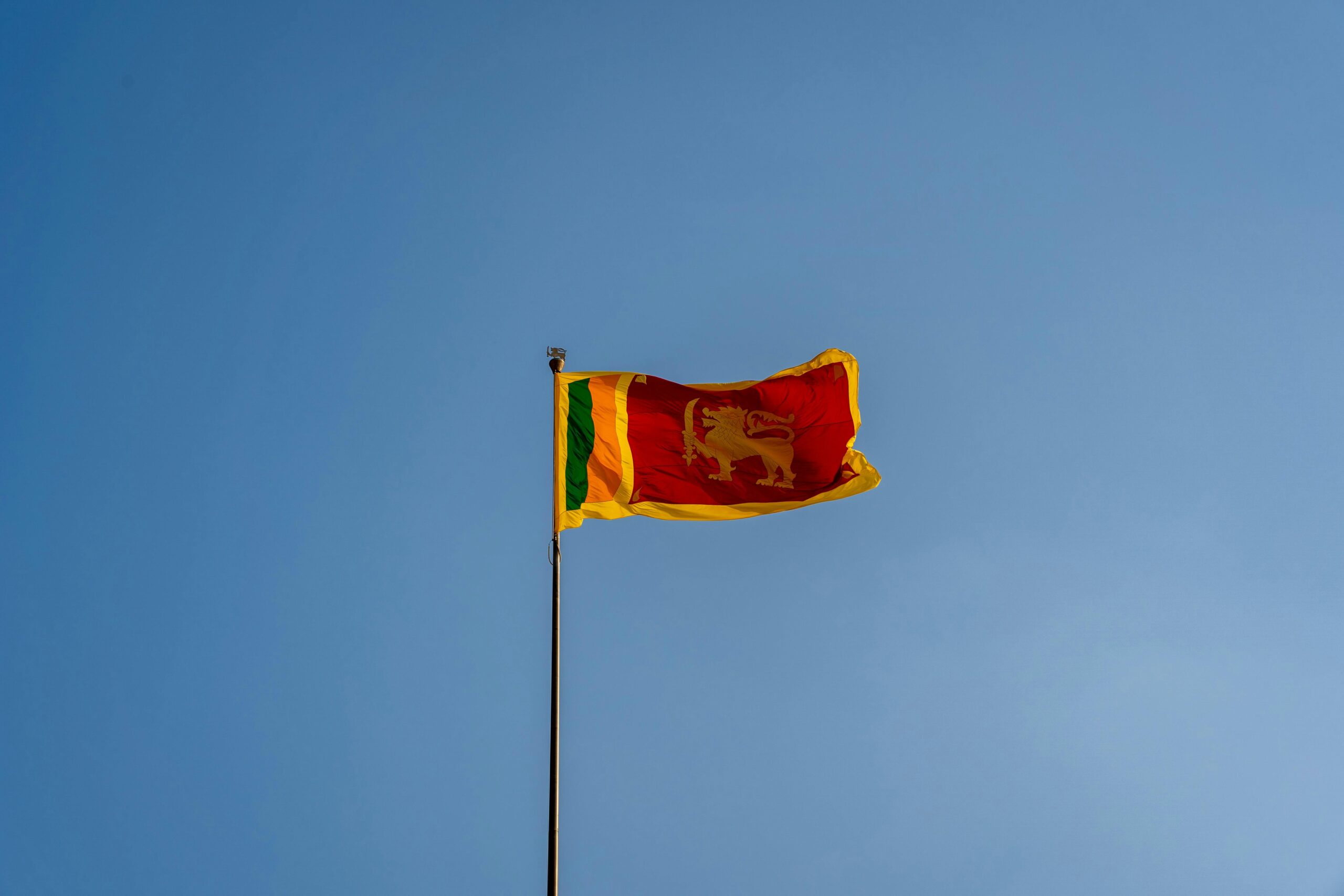
The NPP won 107 seats, getting almost 62% or 6.8 million votes in Thursday’s election propelling them past the majority mark in the parliament, according to latest results shown on the Election Commission’s website.
Voters directly vote in 196 members to parliament from 22 constituencies under a proportional representation system. Then the remaining 29 seats will be given according to the island-wide proportional vote obtained by each party.
Celebrations were reportedly mostly muted, with the exception of a few NPP loyalists who lit fireworks in the outskirts of Colombo, its capital city.
Just over 17 million Sri Lankans were qualified to vote in electing lawmakers for a five-year term. A record number 690 political parties and independent groups had contested across 22 electoral districts this time.
Samagi Jana Balawegaya party of opposition leader Sajith Premadasa, the main challenger to Dissanayake’s coalition had clinched a total of 28 seats and about 18% of the total votes polled.
The New Democratic Front, on the other hand which was supported by previous President Ranil Wickremesinghe, won just only three seats.

